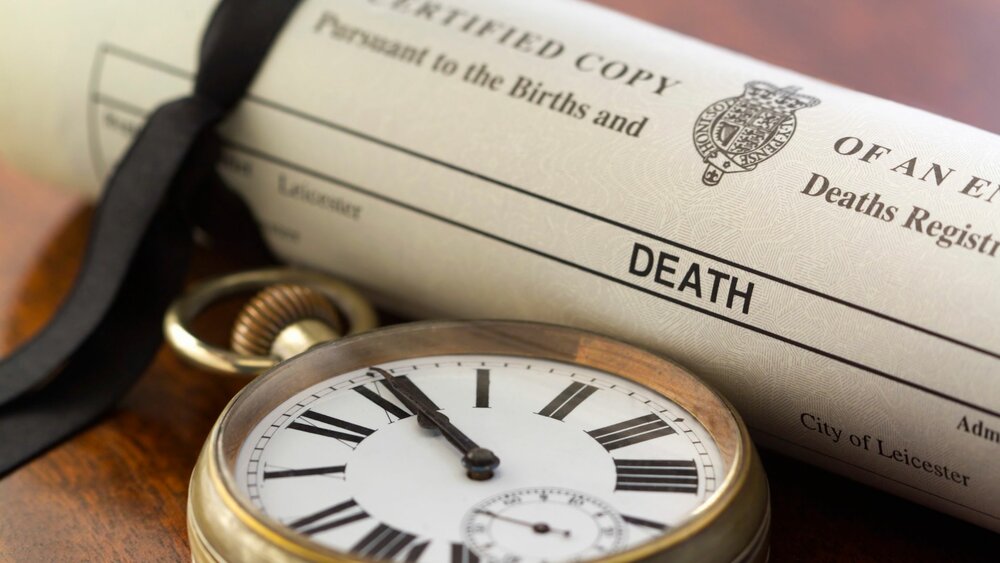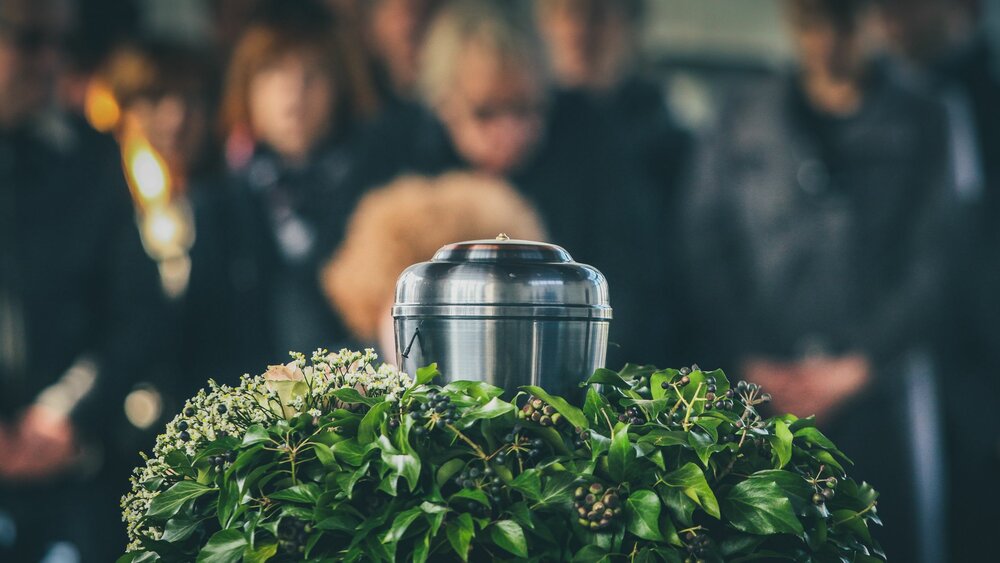
Cremation Rules in New Jersey: Key Laws and Guidelines
Navigating the landscape of cremation rules in New Jersey can be daunting, especially with the varying regulations and requirements in place. Whether you're a family planning a loved one's final arrangements or a professional in the funeral industry, understanding these rules is essential for ensuring a smooth and compliant process. This comprehensive guide will walk you through the key legal requirements, environmental standards, and consumer protections associated with cremation in New Jersey, offering valuable insights to help you manage the process effectively.
Understanding Cremation Laws in New Jersey 
1. Key Legal Requirements for Cremation
Authorization Process
In New Jersey, one of the first steps in the cremation process is obtaining legal authorization. This requirement ensures that cremation is conducted with the consent of the appropriate parties. The authorization is typically provided by the next of kin or a legal representative, who must complete specific forms to formalize their consent. This process involves:
- Completion of Authorization Forms: These forms are provided by the funeral home or crematory service and must be accurately filled out and signed. The forms usually require details about the deceased, the identity of the authorizing party, and their relationship to the deceased.
- Verification of Consent: All involved parties must be informed about the decision to cremate and must agree to it. This step helps prevent disputes or misunderstandings and ensures that the wishes of the deceased and their family are respected.
- Legal Considerations: If proper authorization is not obtained, the cremation could be deemed unlawful, leading to legal complications, delays, or even penalties. Ensuring that all legal requirements are met is crucial for a smooth cremation process.
Waiting Periods 
New Jersey imposes a mandatory waiting period of at least 24 hours after death before cremation can occur. This regulation serves several purposes:
- Ensuring Compliance: The waiting period allows time for any required legal and medical procedures to be completed. This includes ensuring that death certificates are issued and that any necessary investigations or autopsies are conducted.
- Respectful Processing: The waiting period ensures that the cremation process is conducted with respect and in accordance with legal standards. It provides a buffer to address any potential issues or objections that may arise.
- Legal Framework: This waiting period is designed to provide a safeguard against premature cremation and to ensure that all legal protocols are followed.
Death Certificates 
A certified death certificate is a critical document in the cremation process. New Jersey law mandates that this certificate must be obtained before cremation services can be performed. Here’s why the death certificate is essential:
- Official Confirmation: The death certificate serves as official confirmation of the deceased's death, which is necessary for legal and administrative purposes. It provides proof that the person has passed away and is required for the issuance of cremation permits.
- Administrative Use: The death certificate is used for various administrative tasks, including handling the deceased’s estate, settling financial matters, and complying with insurance requirements. It is also essential for the legal documentation of the cremation process.
2. Environmental and Health Regulations 
Emissions Standards
New Jersey is recognized for its stringent emissions standards for crematories, reflecting the state's commitment to environmental protection. These standards are designed to minimize the release of pollutants and ensure that crematories operate in an environmentally responsible manner. Key aspects include:
- Pollutant Limits: Crematories must adhere to regulations that limit the release of harmful pollutants, such as mercury and dioxins, into the atmosphere. This helps to reduce the environmental impact of cremation and safeguard air quality.
- Regular Inspections: Crematories are subject to regular inspections to ensure compliance with emissions standards. These inspections help to monitor and maintain the performance of cremation equipment and ensure that it operates within regulatory limits.
- Technological Advances: Many crematories invest in advanced filtration and emission control technologies to meet New Jersey's strict standards. These technologies help to minimize environmental impact and ensure cleaner operations.
Crematory Facility Standards 
In addition to emissions regulations, crematory facilities in New Jersey must adhere to specific operational standards to ensure safety and compliance. These standards include:
- Sanitation: Crematories must maintain high levels of cleanliness and sanitation to prevent contamination and ensure the safety of both staff and the public. Regular cleaning and disinfection protocols are essential.
- Equipment Maintenance: Proper maintenance of cremation equipment is crucial for ensuring safe and efficient operations. Facilities must follow established maintenance schedules and conduct routine checks to ensure that all equipment is functioning correctly.
- Safety Protocols: Crematories are required to implement safety protocols to protect workers and visitors. This includes proper training for staff, the use of personal protective equipment, and adherence to safety regulations.
3. Consumer Protections and Rights 
Transparency Requirements
Consumer protection is a significant aspect of cremation regulations in New Jersey. Funeral homes and crematory services must adhere to transparency requirements to ensure that families are fully informed about the services they are receiving. Key elements include:
- Clear Information: Funeral homes and crematories must provide clear, written information about the costs and services associated with cremation. This includes detailed pricing information and descriptions of the services provided.
- Itemized Billing: Families should receive itemized bills that break down the costs of various services and products. This transparency helps prevent misunderstandings and allows families to make informed decisions.
- Pre-Need Arrangements: For those making arrangements in advance, funeral homes must provide clear information about pre-need contracts and the terms and conditions associated with them. This ensures that families understand their options and the implications of their choices.
Dispute Resolution 
In cases where disputes arise between consumers and service providers, New Jersey offers several mechanisms for resolution. These mechanisms are designed to protect consumer rights and ensure fair treatment. Options include:
- Mediation Services: New Jersey provides mediation services to help resolve disputes between consumers and service providers. Mediation offers a neutral platform for both parties to discuss their concerns and reach a mutually agreeable resolution.
- Legal Recourse: If mediation is unsuccessful, consumers have the right to seek legal recourse. This may involve filing a complaint with state regulatory agencies or pursuing legal action through the courts.
- Consumer Protection Agencies: Various consumer protection agencies in New Jersey can assist with resolving disputes and providing guidance on legal options. These agencies are dedicated to ensuring that consumer rights are upheld and that issues are addressed fairly.
Conclusion 
Understanding cremation rules in New Jersey is essential for ensuring a respectful and lawful process. By familiarizing yourself with the legal requirements, environmental standards, and consumer protections, you can navigate the cremation process with confidence and clarity. Whether you're planning a loved one's final arrangements or seeking information on behalf of clients, knowing these key guidelines will help you make informed decisions and ensure that the process proceeds smoothly.
For further information - please contact Ocean County Cremation Service at 609-531-8864. You may also submit your inquiries about our cremation society services using our Online Form.



Comments